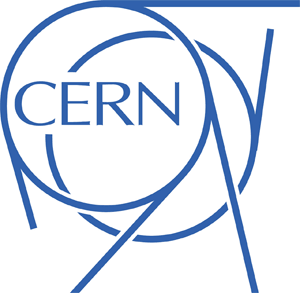Purdue University and Google are expanding their partnership to integrate AI into education and research, preparing the next generation of leaders while advancing technological innovation.
The collaboration was highlighted at the AI Frontiers summit in Indianapolis on 13 November. The event brought together university, industry, and government leaders to explore AI’s impact across sectors such as health care, manufacturing, agriculture, and national security.
Leaders from both organisations emphasised the importance of placing AI tools in the hands of students, faculty, and staff. Purdue plans a working AI competency requirement for incoming students in fall 2026, ensuring all graduates gain practical experience with AI tools, pending Board approval.
The partnership also builds on projects such as analysing data to improve road safety.
Purdue’s Institute for Physical Artificial Intelligence (IPAI), the nation’s first institute dedicated to AI in the physical world, plays a central role in the collaboration. The initiative focuses on physical AI, quantum science, semiconductors, and computing to equip students for AI-driven industries.
Google and Purdue emphasised responsible innovation and workforce development as critical goals of the partnership.
Industry leaders, including Waymo, Google Public Sector, and US Senator Todd Young, discussed how AI technologies like autonomous drones and smart medical devices are transforming key sectors.
The partnership demonstrates the potential of public-private collaboration to accelerate AI research and prepare students for the future of work.
Would you like to learn more about AI, tech and digital diplomacy? If so, ask our Diplo chatbot!










